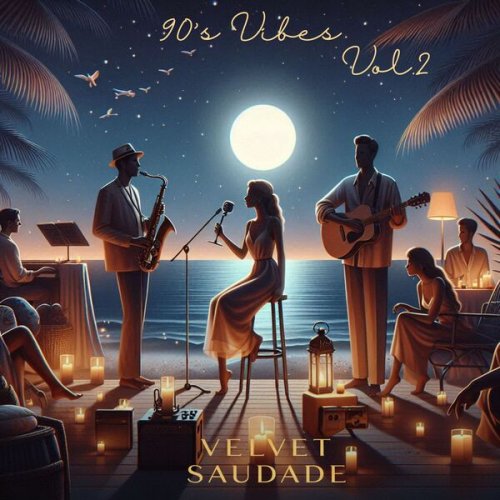Eve Queler - Boito: Nerone
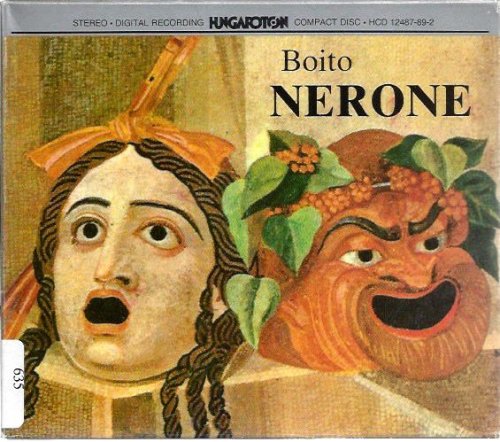
Artist: Eve Queler
Title: Boito: Nerone
Year Of Release: 1983
Label: Hungaroton
Genre: Classical
Quality: FLAC (image + .cue, log, artwork)
Total Time: 02:26:23
Total Size: 589 MB
WebSite: Album Preview
Tracklist:Title: Boito: Nerone
Year Of Release: 1983
Label: Hungaroton
Genre: Classical
Quality: FLAC (image + .cue, log, artwork)
Total Time: 02:26:23
Total Size: 589 MB
WebSite: Album Preview
CD 1
The Appian Way:
1. Canto D'amore
2. Ti Copra L'altro Vei
3. Sei Colta
4. Padre Nostro
5. Fanuel!
6. Poiche Un Periglio
7. Nessun Ci Segue?
CD 2
The Temple Of Simon Magus:
1. Stupor! Portento!
2. Su Quell'altar
3. Sparisci
4. Spiato Son La
The Orchard:
5. El Verdendo Le Turbe
6. Viene Il Signore
7. Di Pace... Una Dolente
8. Fanuel!... Fanuel!
9. Va Guardingo
CD 3
The Orchard:
1. Furar Tentai
The Circus Maximus: Part I. The Oppidum:
2. Vittoria!
3. Che Vuoi Dir
4. Cio Ch'io Struggo
5. Chi, La Dov'io
6. E Tu Non Voli?
The Circus Maximus: Part II. The Spoliarium:
7. Scendi
8. Ah! / Non Temer
"It's fascinating to hear Boito's other opera, one that he tinkered with for most of his life and never finished at his death. The libretto actually has 5 acts, but the music only 4. Toscanini championed this work greatly, but it never took off and it's easy to hear why.Bernard Shaw put it most aptly, talking of 'Mefistofele' that where other composers had set 'Faust' to music, Boito had put music to 'Faust'. In 'Mefistofele' the music has a vitality that rides over the limitations Boito had as a composer: here, in 'Nerone', the language is less bold, less confident, there are some surprising harmonies and twists, but more often than not imitations of late Verdi. The scenario is over complex and rather discursive, though there are passages where the libretto is so eloquent (see Simon Magus's big solo in act 1) that you'd give your eye teeth to have known what it might have sounded like if Verdi had set it. Some of the music is memorable, notably that of the hysterical Asteria, and the final scene in the bowels of the burning Coliseum, and it is given every benefit of the doubt in this performance: Eve Queler does her very best with the ramshackle structures of the acts and plays the big moments to the hilt. The music for Fanuel and the Christians is pious and rather dull. The singing is by and large vivid and characterful, and the recording bright, and copes well with the atmospheric opening, which alternates snatches of various offstage musics with a conversation on stage.An interesting footnote in the history of opera here well presented and brought to intermittent life." -- Julian Grant
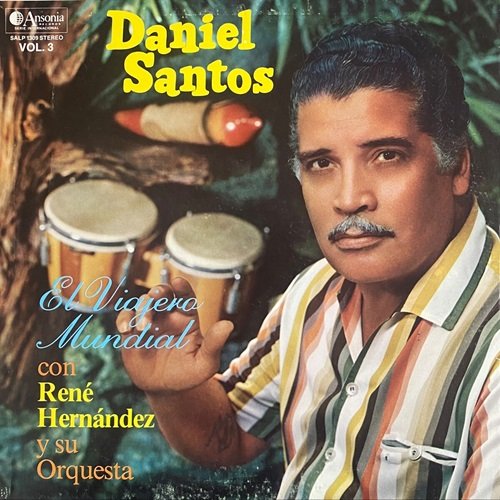

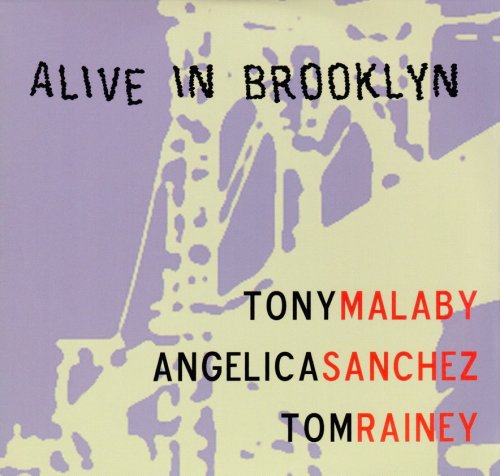
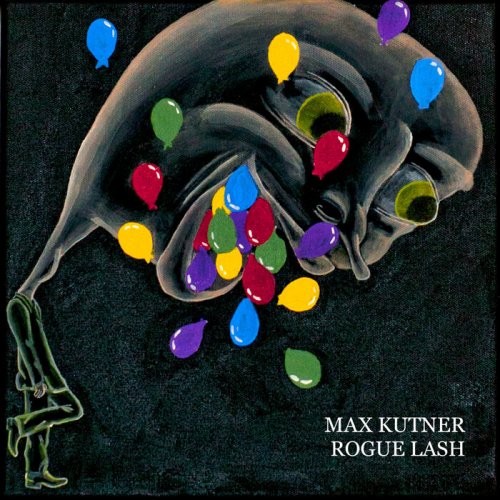
![TO DIE ON ICE - PANORAMICA DEGLI ABISSI (2026) [Hi-Res] TO DIE ON ICE - PANORAMICA DEGLI ABISSI (2026) [Hi-Res]](https://img.israbox.com/img/2026-03/04/i035cvi4fbzbe1ld0i5vri7gk.jpg)
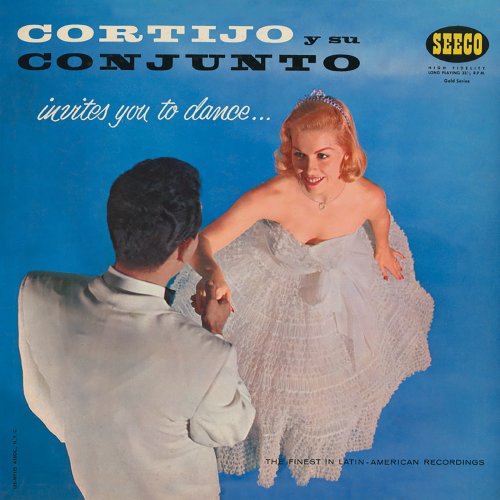
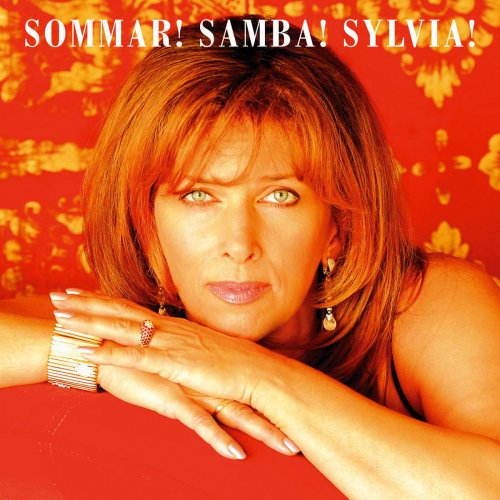
![VA - Wamono Disco: Nippon Columbia Disco & Boogie Hits 1978-1982 (2024) [Viny] VA - Wamono Disco: Nippon Columbia Disco & Boogie Hits 1978-1982 (2024) [Viny]](https://www.dibpic.com/uploads/posts/2026-03/1772454355_cover.jpg)
